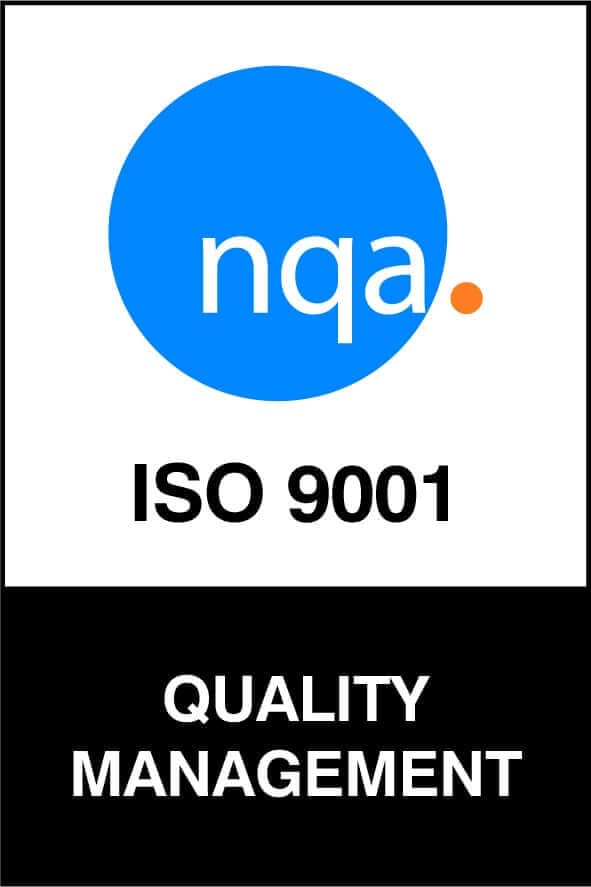WBJ Article
The following appeared in the April 16 edition of the Worcester Business Journal. Original article can be viewed here:
http://www.wbjournal.com/news51115.html
Rethinking Global Investments
By Livia Gershon
Worcester Business Journal Staff Writer
Lutco Inc. in Worcester makes bearings and other small machines parts—precisely crafted little pieces of metal that can be shipped from one country to another fairly easily. So Lutco’s president, John Stowe, is acutely aware of trends that determine whether customers buy from his company or from its counterparts in China.
Lately, a number of factors about buying from China have been moving in Lutco’s favor.
“Lead times have jumped way out to 180 days or more,” Stowe said.
That’s because many Chinese plants are overworked, making products to supply the domestic market in that country, he said. And government policies to limit pollution may keep casting companies operating only five days a week instead of seven, further stretching production times. Then there’s the time involved in shipping products around the world.
Stowe said that these days, even after waiting half a year, some machine makers find their parts don’t come in as scheduled. Then, they have to shut down their production lines, perhaps paying employees for hours that they can’t work, and sometimes even finding a domestic source to fill the gap at the last minute.
Price Of Chinese Goods Rising
At the same time, Stowe said, the price of goods from China is rising compared to the stuff he makes. That’s a product of a few factors, including domestic demand, the cheap dollar and the rising cost of fuel for shipping.
“There’s a myriad of things,” he said.
Some buyers may look to Mexico as an alternative to China, Stowe said, but the United States’ immediate southern neighbor has its own problems with limited production capacity and security concerns.
Stowe said the rising competitiveness of Lutco’s products is one contributing factor that helped the company grow 28 percent last year and 30 percent so far this year, making this the busiest time in the company’s history.
Revisiting China Production
Jack Healy, director of the Massachusetts Manufacturing Extension Partnership in Worcester, said many companies seem to be rethinking the idea of producing products in China to ship to the U.S. Some are put off by rising costs related to fuel and other factors, but others may be realizing they made a mistake in the first place, Healy said. With most U.S. companies focused on lean manufacturing techniques and just-in-time models, buying from local sources often makes more sense. In some cases, Healy said, business leaders tell him that their boards of directors demanded they source products from China just because it seemed like what everyone was doing.
“What happened, very candidly, a lot of people did things without thinking,” Healy said. “Now they’re starting to understand they’re not getting the quality.”
Focus On Quality
Quality is the way many Central Massachusetts companies try to differentiate themselves from Chinese competitors.
Athol toolmaker L.S. Starrett has manufactured products internationally since the 1950s, according to President and CEO Douglas Starrett, but it’s done to mainly to serve international markets, not to ship tools back to the U.S. He doesn’t worry much about international competitors because the company differentiates itself through high-quality products and a well-known brand name.
“We’ve always been a premium-price product,” he said.” I think we’re recognized for that.”
Mark Furman, owner of R. Murphy Co. Inc., an Ayer company that makes knives for industrial and consumer markets, has seen Chinese prices rising 25 percent in the past year or so, making his knives relatively more affordable. But he said the company competes mainly on quality. The one market that’s been impossible to break into is the restaurant business, he said. That’s because most restaurants get their knives from “knife sharpening” services that collect the tools at the end of the week. But he said they don’t really sharpen them —they replace them.
“They’re buying Chinese knives for $4, so it doesn’t even pay to sharpen them,” he said. “They’re disposable.”
More Customers Look To U.S.
Dave Pentland, owner of Jefferson Rubber in Worcester, said his company competes with China in its line of dog toys. He said Jefferson’s toys might cost $11 to $14 each, compared with a Chinese product that’s $6 or $8. But he said the higher quality of his products makes them competitive. And he said he sees more customers seeking out American-made products than he did a year ago. In fact, he thinks that’s a bigger contributor to his sales than rising Chinese prices.
“For a part you might buy for 10 cents, it might be 11 cents now,” he said. “It’s not that much of a big deal. I would probably say more of it has to do with the mentality of people wanting to buy stuff that’s made in the USA.”
Still, no manufacturer imagines a world where production isn’t global. Even Pentland buys some materials from China. Furman is looking at adding new sales capacity in Canada to chase the paper market, which has largely moved north, and which has a need for cutting tools. And Starrett said it’s clear that demand is rising faster outside the U.S., making its operations in China and Brazil more of a growth area than those in the U.S.
As for Stowe, he says Lutco’s enormous growth has a lot to do with the fact that the company makes parts that end up in agricultural equipment. His customers are shipping farming machinery to Brazil, the Ukraine and China, where rising middle classes are pushing farmers to grow feed to accommodate their growing taste for meat.





